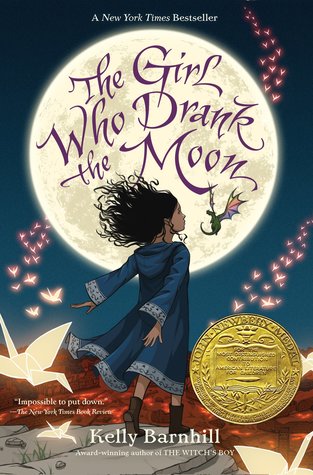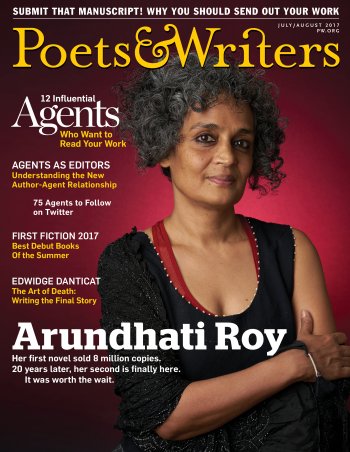I can see it. A break in the deluge, a light at the end of the tunnel. A clearing of the slush. Am climbing determinedly for it. I vowed I would not reopen to submissions, until I had responded to every last sub in all of my inboxes (yes, I said inboxes plural, writers have interesting ways of worming into every contact I have). It’s down to a handful of submissions, and these are the ones that I have been hanging onto for far too long. One or two will hopefully result in an offer, at last. But I have to face the heartbreaking reality that I must let most go. I can only take on a few more clients this year, and I need to make myself available for submitting authors once again.
So why would I suddenly make an offer on something I’ve had for months and months? And why would I open to submissions when I already have a full client list, plus some great submissions on hand?
 An agent’s client list, both the current and seeking, ebbs and flows. Even mine–despite the fact that I tend to keep clients for multiple projects meaning less and less room for new clients–still morphs month to month. This is in response to a few factors, the ever-changing market, the evolution of my literary tastes, and the statuses of my current clients. For example, although I love love love YA (young adult) high fantasy, it’s super saturated and hard to sell right now, plus I have a large handful of clients who write in the genre. So where I was once eagerly reading all the YA fantasy, now I’m much more selective. On the flip side, MG (middle grade) is seeing a surge, and I’ve recently read more than a few really inspiring MG stories, e.g. THE GIRL WHO DRANK THE MOON, which has made me hungrier for it. I wasn’t into adult thrillers a few years ago, but then I read some of the popular ones that came out, e.g. THE GIRL ON THE TRAIN and found myself ready to sign one, but way after the market had peaked. Thus I’m seeking that super high-concept yet unique thriller that would be hard for a newer author to pull off. I’m a big fan of lady pirates, but a current client totally by coincidence pitched me a lady pirate fantasy and so I’m no longer looking for one. And so on and so on.
An agent’s client list, both the current and seeking, ebbs and flows. Even mine–despite the fact that I tend to keep clients for multiple projects meaning less and less room for new clients–still morphs month to month. This is in response to a few factors, the ever-changing market, the evolution of my literary tastes, and the statuses of my current clients. For example, although I love love love YA (young adult) high fantasy, it’s super saturated and hard to sell right now, plus I have a large handful of clients who write in the genre. So where I was once eagerly reading all the YA fantasy, now I’m much more selective. On the flip side, MG (middle grade) is seeing a surge, and I’ve recently read more than a few really inspiring MG stories, e.g. THE GIRL WHO DRANK THE MOON, which has made me hungrier for it. I wasn’t into adult thrillers a few years ago, but then I read some of the popular ones that came out, e.g. THE GIRL ON THE TRAIN and found myself ready to sign one, but way after the market had peaked. Thus I’m seeking that super high-concept yet unique thriller that would be hard for a newer author to pull off. I’m a big fan of lady pirates, but a current client totally by coincidence pitched me a lady pirate fantasy and so I’m no longer looking for one. And so on and so on.
To make matters more confusing, I keep the projects that I saw potential in, because maybe in the future my client list will open up or the market will shift.
But it’s impossible for submitting authors to know any of this happening behind the scenes. Their best guess would be to check out the agent’s social media and watch the market. And agents understand this. We’re pretty happy if you’ve simply done a bit of research on us.
We wade into the slushpile, hoping for that one manuscript that fits the market and our current tastes and that we fall in love with. Not too much to ask right?
All this to say: I’m getting my waders ready. Hoping to open again to submissions this summer.



 Franklin goes on to express why submitting is so important. It’s a part of the necessary evolution and development of your writing. You need your dreams crushed so you can pick them up again and make them stronger. Ignorance is bliss, but it won’t get you published (in most cases).
Franklin goes on to express why submitting is so important. It’s a part of the necessary evolution and development of your writing. You need your dreams crushed so you can pick them up again and make them stronger. Ignorance is bliss, but it won’t get you published (in most cases).